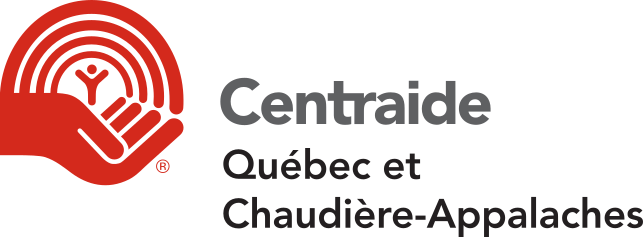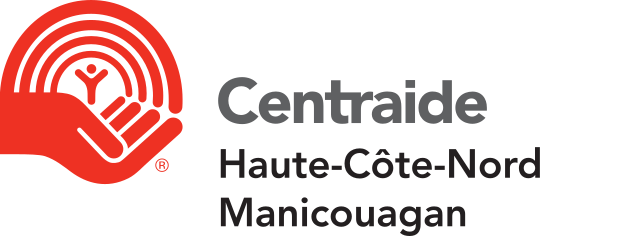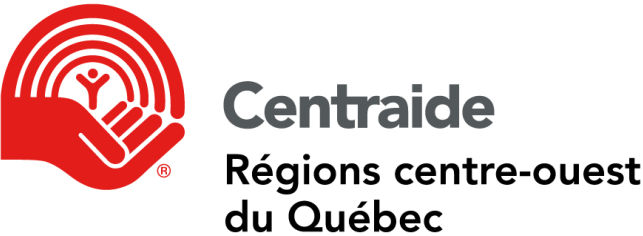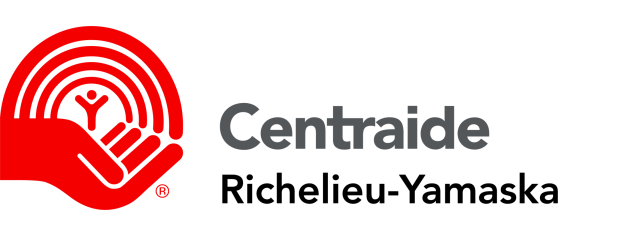[ Browse by Service Category : Law Enforcement Services : Sub-Topics of Crime Reporting (3) ]
Child Sexual Exploitation Reporting
Programs that provide a hotline, website or other mechanisms that the public can use to report instances in which an individual or group of individuals is involved in the possession, manufacture and/or distribution of child pornography; online enticement of children for sexual acts; child prostitution; child sex tourism; non-familial child sexual molestation; sending unsolicited obscene material to a child or other acts that constitute child sexual exploitation.
Consumer Fraud Reporting
Programs that provide a hotline, website or other mechanisms that consumers can use to report the activities of telephone and Internet scammers and other con artists who attempt to persuade older adults, individuals who live alone, disaster victims and other vulnerable people to part with their savings. Common scams include fraudulent prize offers, "free" travel packages that have hidden costs or which never materialize, "get rich quick" investments that turn out to be worthless, tax debt/refund scams, phony charities with names that are similar to well-known organizations and schemes involving promises to recover an individual's money following their victimization by another scam. Reports may be filed by consumer fraud victims or by people who have information about individuals they know to be perpetrating these types of scams.
Identity Theft Reporting/Recovery Programs
Programs that provide a hotline, website or other mechanisms that people can use to report instances in which someone fraudulently obtains private information about an individual, e.g., his or her Social Insurance Number, uses it to apply for credit in that person's name, runs up large bills and then disappears without paying the bills leaving the victim with ruined credit. Identity thieves may also purchase expensive medical services in the victim's name, or give the victim's name and personal information to a law enforcement officer leaving the individual subject to arrest. Identity thieves may also steal the identities of individuals who are deceased. Also included are programs that help identity theft victims re-establish their identity and credit standing.
The above terms and definitions are part of the Taxonomy of Human Services, used here by permission of INFO LINE of Los Angeles.















